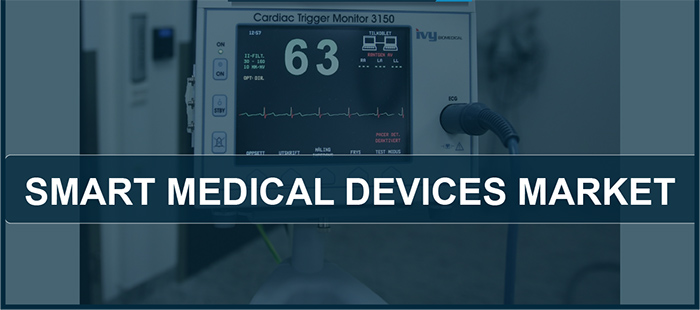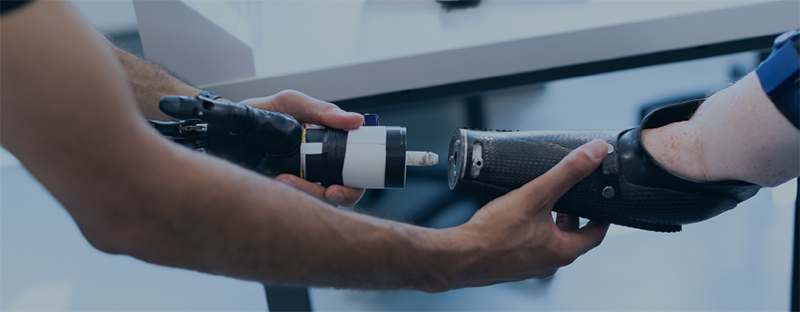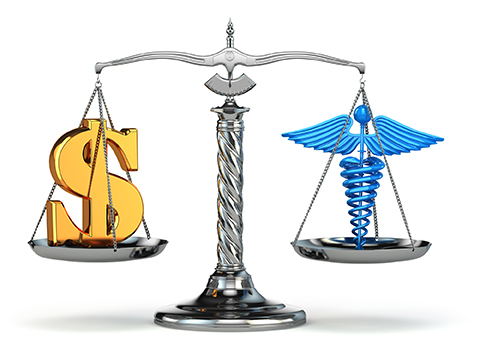

It’s important to draw on experience from other sectors.

It’s important to draw on experience from other sectors.

As the focal point of care moves away from the facility and into the home, care providers and health systems will lean more heavily on connected health devices in advancing and expanding the future of healthcare.

MedTech Intelligence recently sat down with Peter O‘Blenis, CEO of Evidence Partners to discuss challenges reviewers face throughout their literature review process in the context of regulatory compliance, and to talk about the upcoming virtual event, Evidence Matters 2021.

The agency has realigned information technology, data management and cybersecurity functions, and established a new office reporting directly to the FDA commissioner.

To achieve success, a medical device startup must build a sophisticated data architecture specifically designed to deliver maximum value for its customers’ use cases. However, it’s extremely difficult to build such an architecture—especially given early-stage budget constraints. That’s why startups must wisely synch their data architecture spending with their funding rounds.

Increased awareness during the COVID-19 crisis and public efforts to strengthen the development of healthcare technologies has boosted the smart medical devices sector.

A look at the factors contributing to the slow adoption rate of these devices in the OR, along with how the industry can increase adoption.

There are also reports that Elizabeth Holmes, as part of her defense, may argue ex-boyfriend and former Theranos President Sunny Balwani abused her during their relationship.

Integration with advanced AI systems and a rapidly expanding application scope will position medical robots among the key solutions for efficient, accurate and safe healthcare service delivery.

The pandemic has accelerated a revolution in medtech, impacting how companies approach their business strategy as well as how healthcare systems interact with medical device companies.